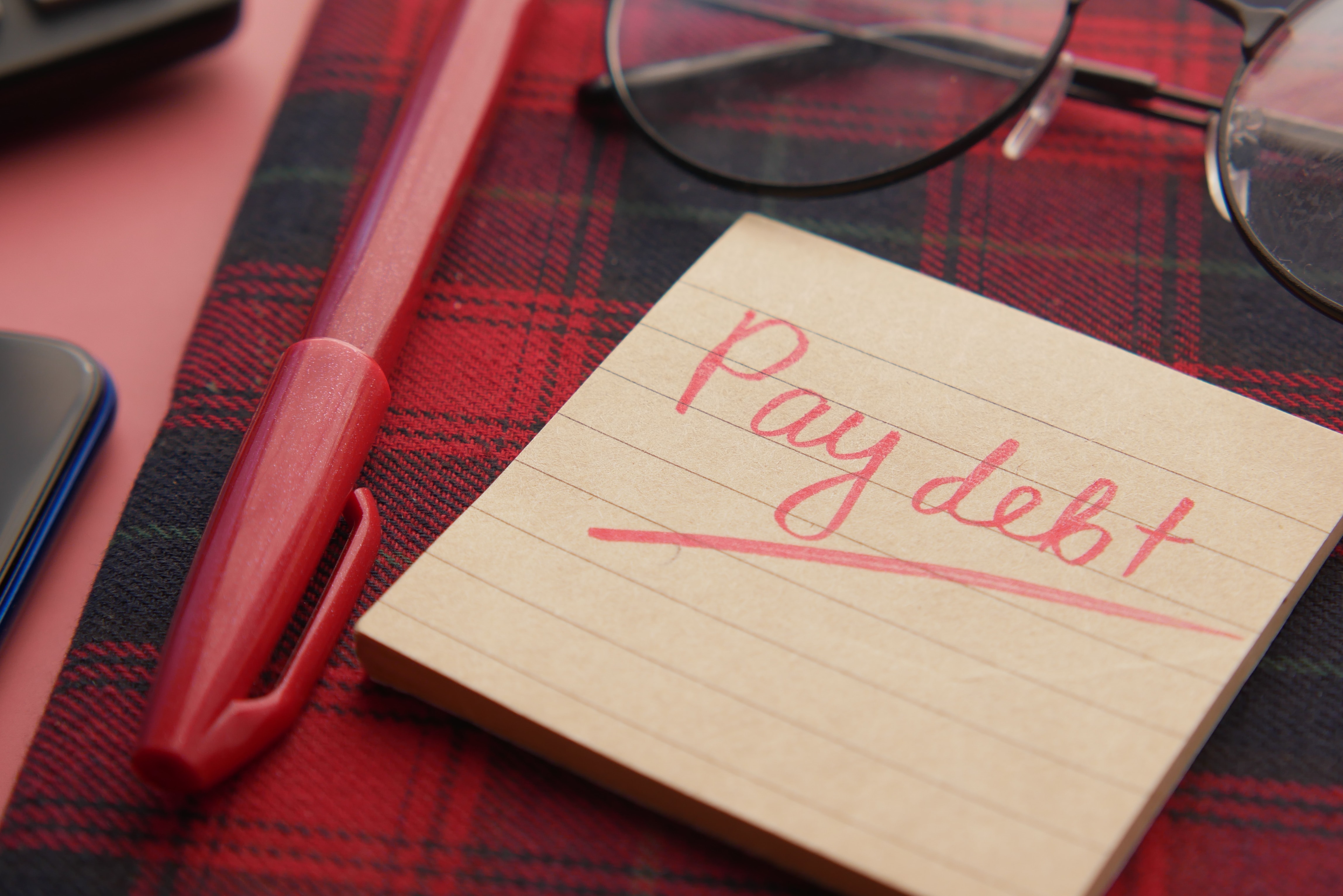Building a good credit history is essential if you want to have access to financial opportunities such as loans and credit cards. A healthy credit score can open up many doors for you, including the ability to get lower interest rates on loans and mortgages. But what exactly do you need to know about building a good credit history?
First of all, you must always pay your bills on time. This means not only making sure that your utility, phone and other bills are paid promptly but also ensuring that any credit card payments are made before the due date. It is also a good idea to keep track of your spending by monitoring your monthly bank or credit card statement so that nothing slips through the cracks.
Another important factor in building a good credit history is keeping your balances low. Ideally, you should aim for no more than 30% of your available limit on any given account. The higher the balance, the more likely it will be reported negatively to the Credit Bureau which could lead to an unfavorable score down the line. Finally, be wary of taking out too many loans or opening multiple accounts at once; this could signal to potential lenders that you may be struggling financially and thus impact your ability to get approved for future financing options.

Are there any services that can help me monitor and manage my credit score?
Yes, there are a variety of services that can help you monitor and manage your credit score. Credit monitoring services provide you with real-time alerts when changes occur to your credit report, such as new accounts being opened or inquiries being made. These services also offer personalized advice on how to improve your credit score and access to educational resources. Additionally, some services offer identity theft protection and fraud resolution assistance. Some financial advice sites like Finances.ca offer insight into good credit management and tips on how to choose the best loans, mortgages and credit cards, while credit management services go beyond monitoring by providing tools and guidance to help you pay down debt, build a credit history and create a budget. They may also provide access to financial advisors who can give tailored advice on how best to manage your finances.
Common mistakes that can negatively impact your credit score
One of the most common mistakes that can damage your credit score is missing payments. Whether it’s a credit card bill, loan payment, or any other type of debt repayment – if you miss a payment, it will be reported to the credit bureaus and negatively affect your score. Another mistake that can hurt your credit score is maxing out your available credit limit. This shows lenders that you are not able to manage your finances responsibly and may lead them to believe that you are in financial distress. Additionally, applying for too many loans or lines of credit in a short period of time can also hurt your score. Every time you apply for new credit, the lender will perform a hard inquiry into your report which will lower your score slightly. Finally, closing unused accounts can also damage your score as this reduces the amount of available revolving credit and increases the utilization ratio – both of which are important factors when calculating one’s overall rating.
What are some of the most effective ways to improve my credit score?
The process of improving your credit score requires patience, discipline and dedication. Here are some of the most effective ways to do it:
1. Pay Your Bills on Time – Late payments can have a major negative impact on your credit score, so make sure you pay all of your bills on time.
2. Reduce Your Credit Card Balances – High balances can also hurt your credit score, so try to keep them as low as possible.
3. Monitor Your Credit Report Regularly – Make sure there are no errors or inaccuracies in your report that could be dragging down your score.
4. Don’t Open Too Many New Accounts at Once – Opening too many accounts in a short period can lower your credit score, so try to limit yourself to one or two new accounts per year.
5. Use Credit Cards Responsibly – If you use credit cards responsibly by paying off the balance each month and avoiding high-interest rates, this will help improve your credit score over time.
To build a good credit history, make sure to use your credit responsibly by making payments on time, using credit wisely and keeping your balance low. Additionally, check your credit report regularly to ensure accuracy and dispute any mistakes you may find. Lastly, consider setting up payment reminders or even an automatic payment plan to stay on top of your bills.


